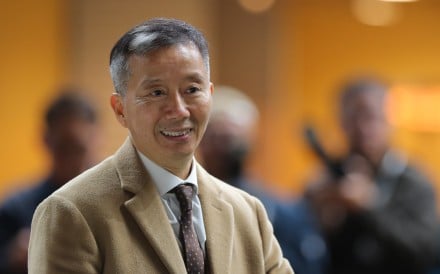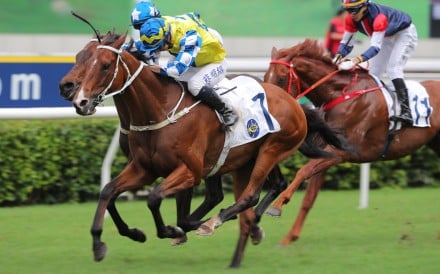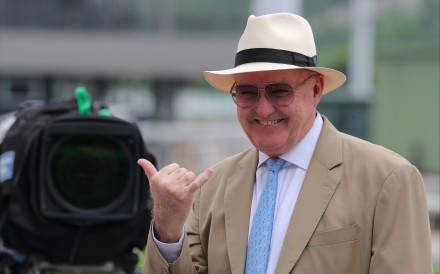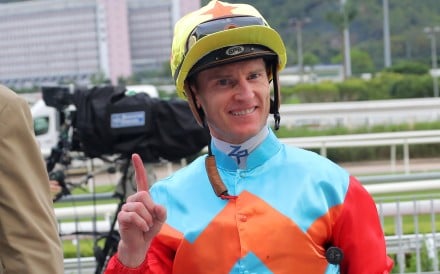He’s ridden Group One winners all over the world and now Andrea Atzeni is making his presence felt in the Hong Kong racing cauldron after moving to the city at the start of this season.
Well versed in the physical rigours of professional racing in the United Kingdom, Atzeni is enjoying the freedom of his new routine in Hong Kong and he is uniquely positioned to assess the benefits and challenges of each jurisdiction.
“Overall, I think life as a jockey in the UK is physically a lot more demanding as you race a lot more, you spend hours in the car and so your body suffers,” said Atzeni, who spent 16 years based in Britain.
While the sport places both physical and psychological demands on jockeys wherever they are in the world, each racing jurisdiction poses differing challenges to its jockeys and their welfare.

One of the most notable distinctions between racing in Hong Kong compared to somewhere like the UK is the number of days per week jockeys are required to race.
“In the UK, once the season starts at the end of March until the first week in November, it’s basically non-stop racing,” explained Atzeni.
“That’s one of the huge differences. We would race most days compared to here in Hong Kong, where we race two days a week, so you have a lot more time for yourself.”
Atzeni admits the extra time has enabled him to establish a routine where he can exercise on most days outside racing and trackwork, manage his food intake in a healthier way and, most importantly, recover.
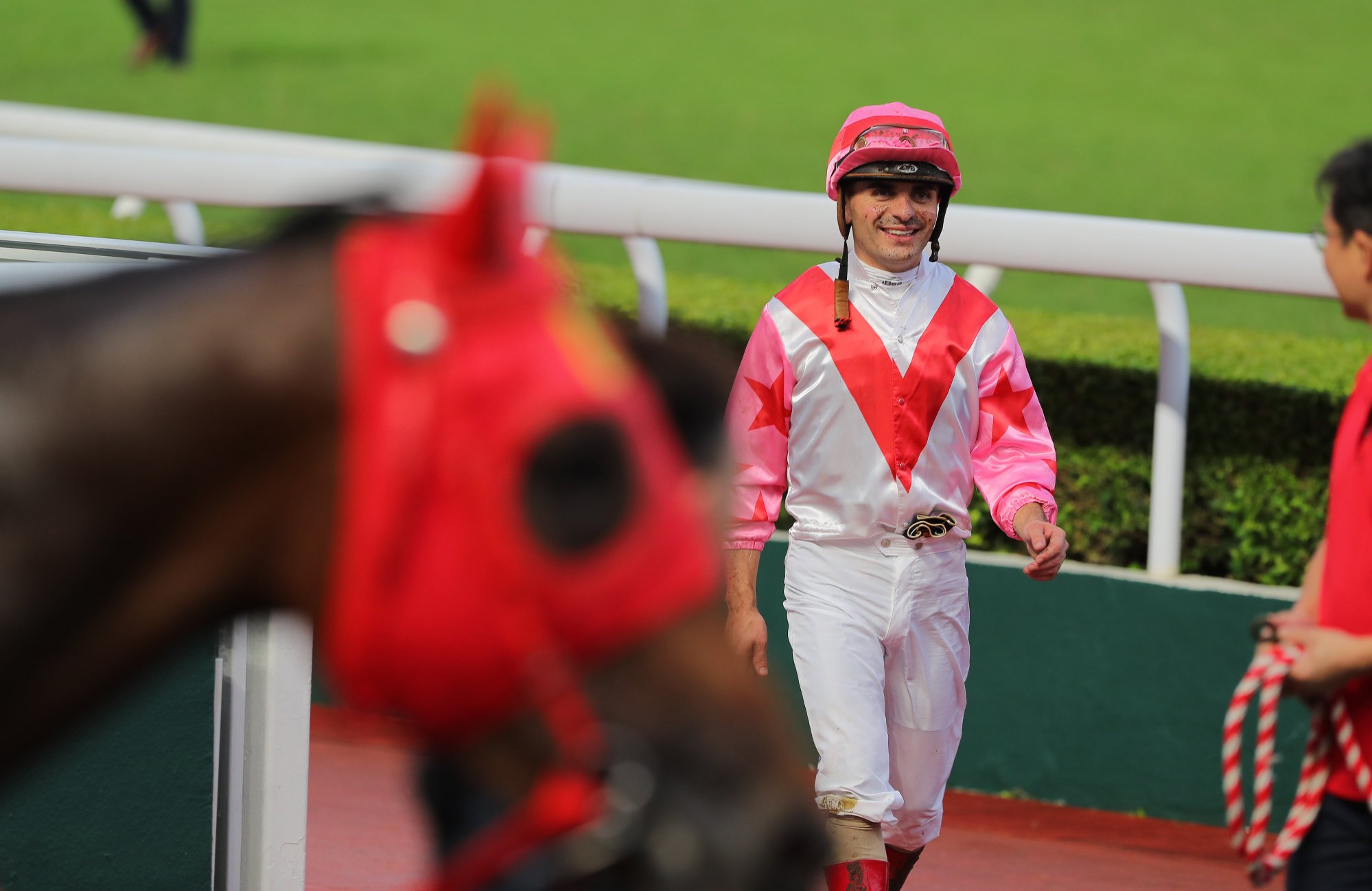
“The recovery side is huge. Because in Hong Kong you race usually on Wednesdays and Sundays, you can get into a routine and you have time to recover, whereas in the UK, there is no routine whatsoever because we spend most of our time travelling”.
From an exercise physiology perspective, an adequate balance between stress (training and competition load) and recovery is essential for athletes to achieve continuous high-level performance.
Any adaptation to training, such as improvements in fitness and subsequent exercise performance, occurs during the recovery phase post-exercise and not during the training itself.
Conversely, inadequate recovery results in decrements in fitness and exercise performance and can contribute to burnout in athletes.
Bravo, @Atzenijockey! 👏
— HKJC Racing (@HKJC_Racing) April 13, 2024
Circle Of Fire takes the Group 1 Sydney Cup at Royal Randwick… 🏆
🎥 @SkyRacingAU | @WorldPool pic.twitter.com/0V7CJdjhOH
It is therefore unsurprising that the recent Group One Sydney Cup (3,200m) winner says that he is fitter, lighter and riding better in Hong Kong.
The Hong Kong Jockey Club has made significant advances in recent years to improve the overall health and fitness of their human stars through the provision of on-site nutritionists, strength and conditioning specialists and physiotherapists.
“We get a lot of support here,” says Atzeni, quickly adding that support is also available for jockeys in the UK but that the issue lies in jockeys not having the time to utilise it.
“It’s tough in the UK because a lot of jockeys there have to waste and then drive themselves anywhere [up to] 7 hours, then lose more weight once at the track.”
A recently published study found that 87 per cent of jockeys who took part in an industry-wide survey in the UK reported experiencing “stress, anxiety or depression”, with relentless workload that included travelling long distances and late-night travel after competition highlighted as key stressors.
Hong Kong-based jockeys are fortunate that travel demands are not a major stressor, with many of the jockeys living at or near Sha Tin racecourse, which hosts racing every weekend and is within a 30-minute drive of the regular Wednesday night fixtures at Happy Valley racecourse.
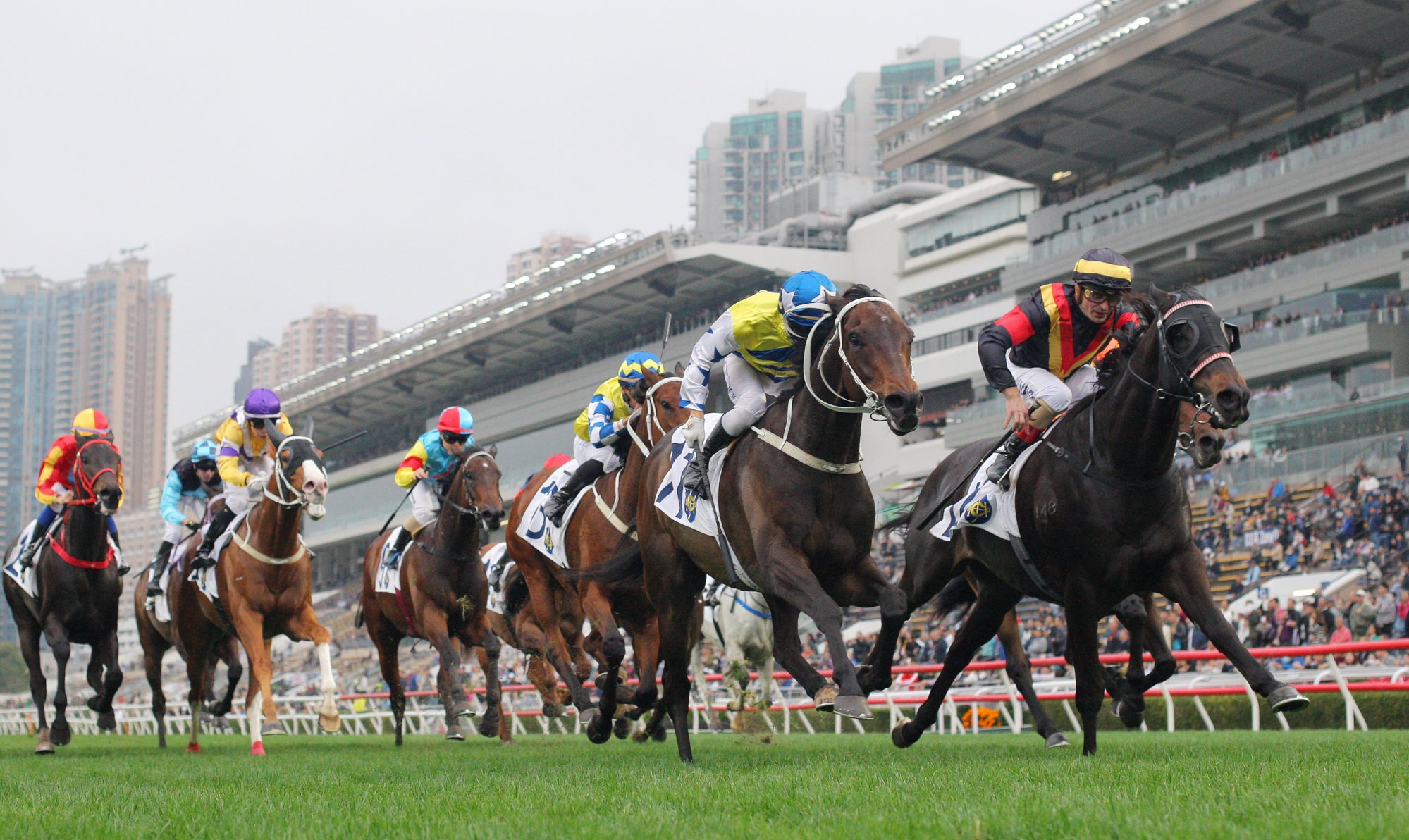
Another key stressor jockeys identified in the study was making weight.
While differences exist in the minimum riding weights between the UK and Hong Kong, with the UK having a lower bottom weight of 51kg [112.5 pounds], Atzeni explains that there are a lot more lightweight rides in Hong Kong than in the UK.
“In the UK, the bottom weight is 51kg whereas here in Hong Kong it’s 52.2kg [115 pounds]. But the difference is that in the UK, there aren’t many horses carrying 51kg but in Hong Kong there are horses carrying 52kg every single week,” he said.
“Of the couple of hundred rides I had last year in the UK, I did one at 52.5kg and the rest were 54kg and above. So, I’ve had to get my weight down coming to HK. I now walk around four pounds lighter than when I was racing back in the UK.”
But while Atzeni may now have more time to look after himself physically, he has also become acutely aware of the other challenges the Hong Kong racing environment poses.
“Mentally I think Hong Kong is a lot more challenging. You don’t have an agent here, so you have to book your own rides, everything is down to you. When I lived in England, I had an agent so everything was taken care of on that side,” he said.
















